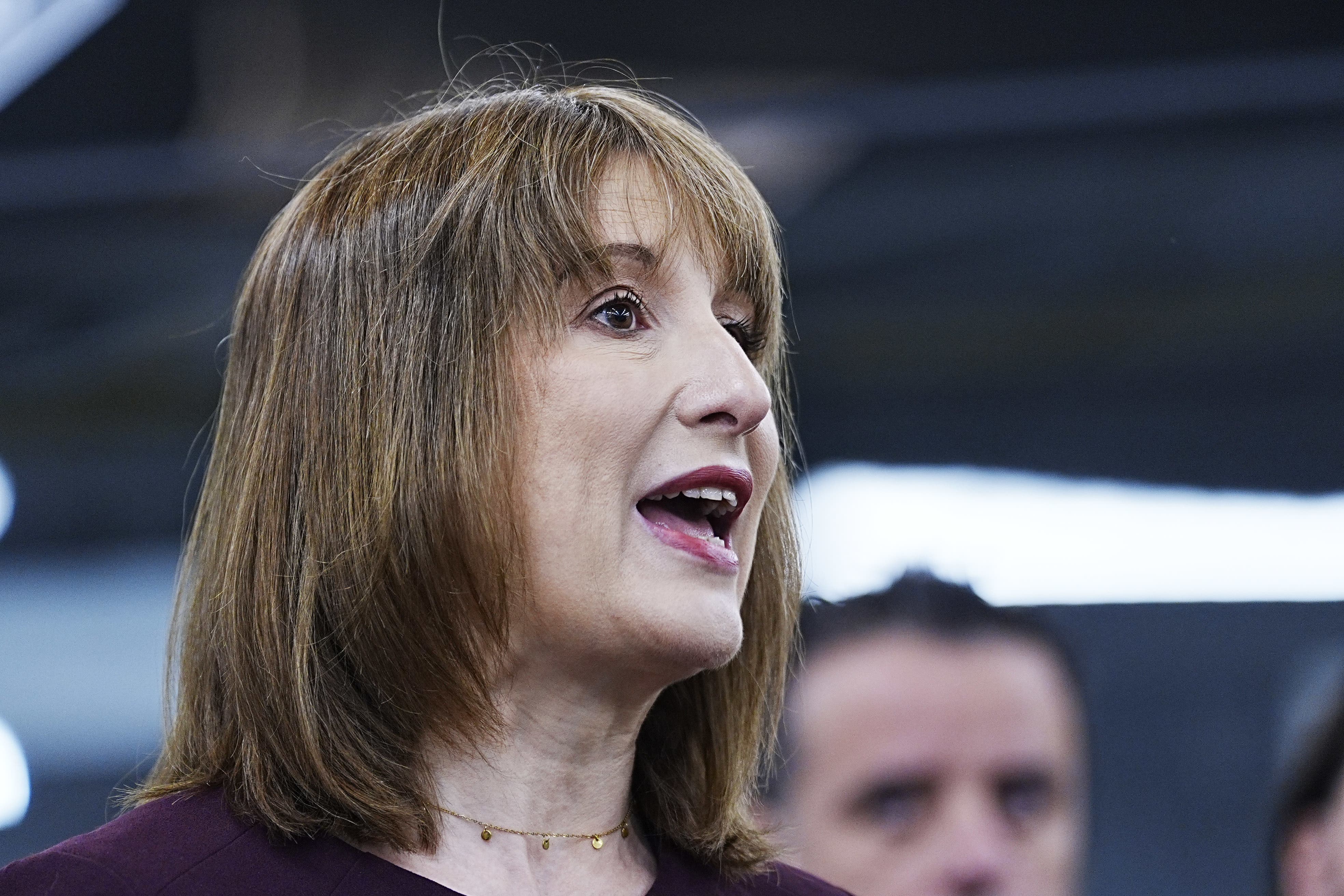ARTICLE AD BOX
In a latest U-turn after months of backlash, Sir Keir Starmer’s government has announced that more pensioners will receive the winter fuel allowance this winter.
Rachel Reeves confirmed a change on the controversial cuts would be in place in time for this winter, but said the government would not set out details of exactly how the payment will be restored until the autumn Budget.
There remains confusion over who will be affected by the changes, when they will be introduced and what they will entail, but pensions minister Torsten Bell has said that the payment would not be reinstated for everyone.

What was the winter fuel payment cut?
The winter fuel payment is a state benefit previously given to all pensioners to help with energy costs during the coldest months of the year.
The decision to means-test the previously universal payment was one of the first announcements by Rachel Reeves when she became chancellor after Labour’s landslide election victory last year, and it has been widely blamed for the party’s collapse in support.
The government has insisted the policy was necessary to help stabilise the public finances, and meant that the payment would only go to those on low incomes who received specified benefits such as pension credit.
This meant the number of pensioners receiving the payment was reduced by around 10 million, from 11.4 million to 1.5 million.
Several charities, MPs and unions criticised the decision, with several blaming it for the party’s disappointing local election results.

In November, it was revealed that the government’s own figures indicated it would force 100,000 pensioners into poverty in 2026.
How was the payment linked to pension credit?
Only those who claim pension credit were able to receive the winter fuel payment in winter 2024.
Those who are above state pension age and have an income of less than £218.15 a week, or less than £332.95 as a joint weekly income with your partner, are eligible for pension credit.
However, despite the government’s campaigns and an increase in claims after the July 2024 announcement, it is estimated that half a million eligible people fail to claim the benefit.
How could the new system work?
Speaking to the work and pensions committee, Mr Bell said: “Directly on your question of is there any prospect of a universal winter fuel payment, the answer is no, the principle I think most people, 95 per cent of people, agree, that it’s not a good idea that we have a system paying a few hundreds of pounds to millionaires, and so we’re not going to be continuing with that.
“But we will be looking at making more pensioners eligible.”
According to The Times, the threshold could be based on the average level of real household disposable income - currently around £37,000.
Reports have also said that payments could be restored to all pensioners, before requiring better-off claimants to pay it back through tax bills over the course of the next financial year.
The plans would resemble George Osborne’s high income child benefit charge, which sees 1 per cent of total child benefit received taxed for every £100 earned over £60,000. It means that, over whatever threshold Ms Reeves sets for the payments, an amount will be clawed back from those on higher incomes.
It would mean only those in the bottom half of average incomes will keep the payments, with the top half of earners forced to repay the grant through higher tax bills over the course of the year.
The plans could cost around £700 million, with the chancellor vowing to set out her plans to pay for the change at her autumn Budget. Critics said it would be an “administrative nightmare”, however.









 English (US) ·
English (US) ·